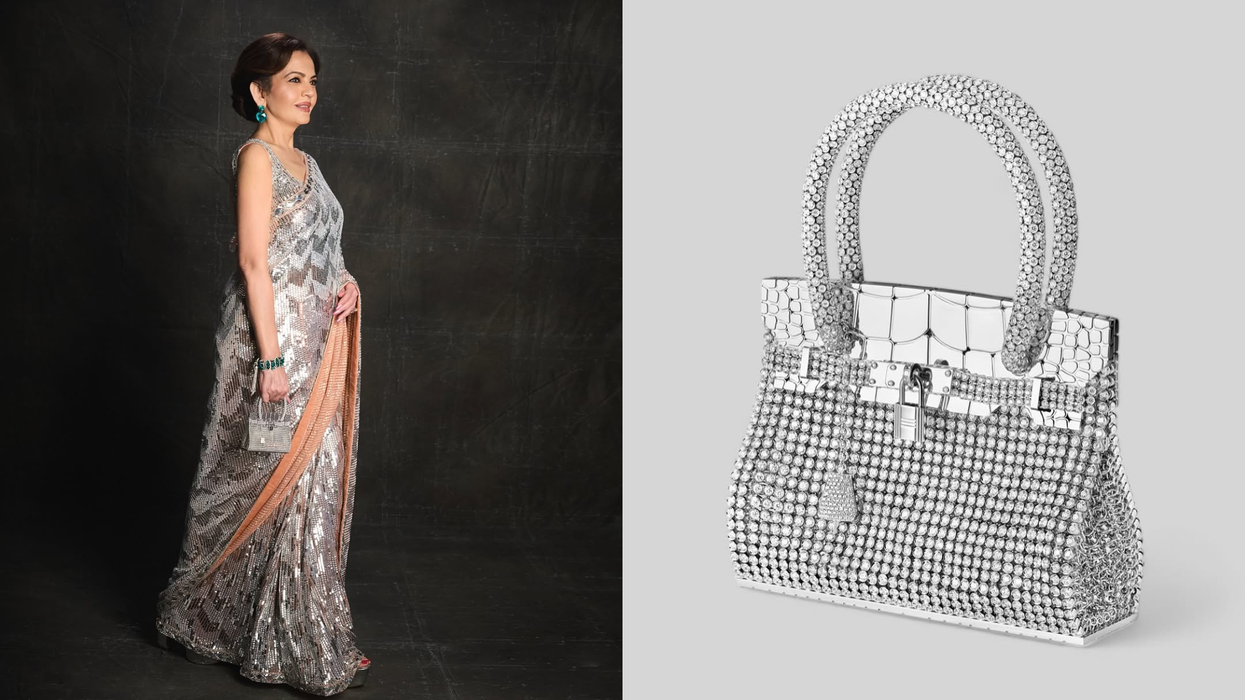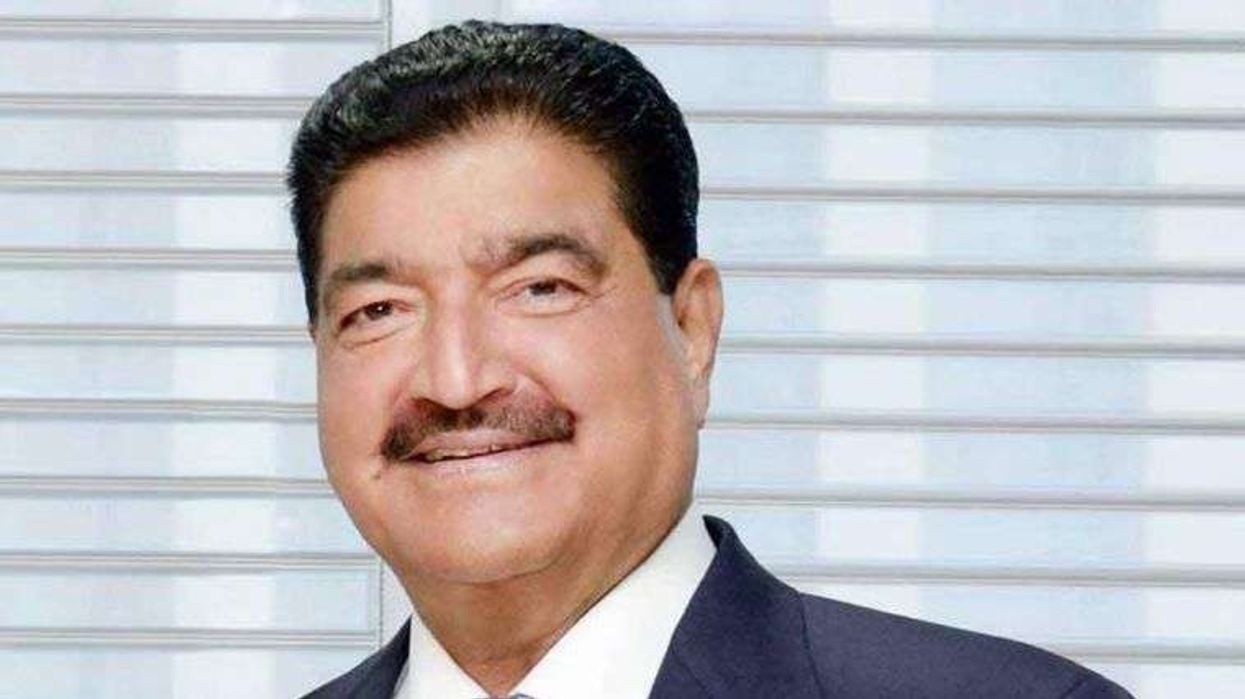WHAT is it like for an Asian actor to be cast in the litmus test role of the great wartime leader and India hater, Sir Winston Churchill?
“I always start with the script,” Tony Jayawardena told Eastern Eye, just before going on stage to play Churchill in an evening performance of Nye at the National Theatre.
The play, with a brilliant script by Tim Price, tells of Aneurin “Nye” Bevan’s battle to establish the National Health Service “on 5 July 1948” after Clement Attlee had defeated Churchill in the general election of 1945.
Jayawardena’s role is crucial because in parliament the opposition to Nye’s plans for an NHS was led by Churchill.
Jayawardena, who was born in the UK in 1978 of Roman Catholic parents who arrived from Sri Lanka, said he glanced through a couple of books on Churchill – “one was given to me by my girlfriend’s mother” – but he emphasised: “You’ve got to start with the script no matter what the character is because we’re not doing a biography, we’re not doing a documentary, we’re doing a piece of theatre, a piece of drama. Then you do research if you need to. There’s not a huge amount of research, to be honest, that needs to be done. My previous understanding of Churchill was pretty good in terms of history and what is relevant.”
For those Britons with knowledge of the dark days of the Second World War, Churchill is still “the greatest Englishman who ever lived”. But the new generation recognises he was a more complex character. His statue in Parliament Square had to be sealed after being daubed, “Racist”, during the Black Lives Matter demonstrations in 2020.
It is a matter of record that he opposed Indian independence: “I have not become the King’s First Minister in order to preside over the liquidation of the British Empire.”
He was thinking of Hindus when he raged: “I hate Indians. They are a beastly people with a beastly religion.”
He reserved special hatred for Mohandas Karamchand Gandhi (whose statue in Parliament Square is, ironically, not far from his own): “It is alarming and also nauseating to see Mr Gandhi, an Inner Temple lawyer, now become a seditious fakir of a type well known in the east, striding half-naked up the steps of the Viceregal Palace, while he is still organising and conducting a defiant campaign of civil disobedience, to parley on equal terms with the representative of the King-Emperor.”
And there are many historians, not all Indian, who allege that as British prime minister, he did little or nothing to tackle the effects of the Bengal Famine of 1943 in which 2-3 million starved to death. His only concern was: “Why hasn’t Gandhi died yet?”
“There is nothing like this in this (play),” explained Jayawardena, “mainly because this is a dream sequence.”
As Nye (played by Michael Sheen) is dying at the Royal Free Hospital in north London in 1960, the doctors, nurses and patients in his ward morph into characters from his past.
“It is Aneurin Bevan living out his life under the fog of a morphine induced coma,” said Jayawardena, who doubles up as a doctor given the responsibility of looking after the founder of the NHS.
“So, my Dr Dain becomes Churchill. His (black) Nurse Ellie becomes his sister (Arianwen), the Matron becomes Clement Attlee, Mr Orchard (his schoolteacher who beat him as a punishment for his stammer) is a patient in there with a leg problem and the same actor plays Herbert Morrison (a cabinet minister hostile to Nye’s NHS proposals).”
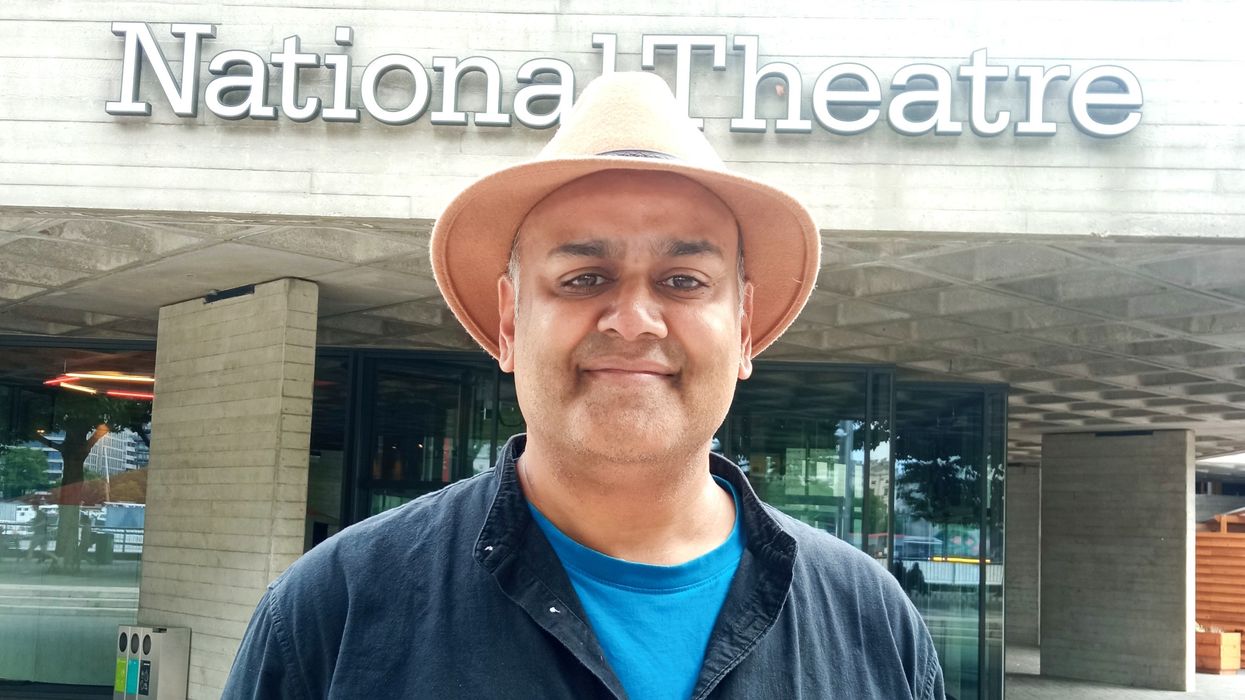
The main reason that Dr Dain becomes Churchill was because the writer and the director, Rufus Norris, wanted to represent a multicultural NHS. “The idea was to have figures from different countries because immigrants have been part of the NHS since it began.”
“When I got the offer to play Churchill, which I was very grateful for, the idea of a south Asian man playing Churchill brought a lot of smiles to people’s faces.”
Anthony Surath Jayawardena, who grew up in Cockfosters in north London, did several plays as a pupil at the City of London School and sang for the Chapel Royal Choir at St James’s Palace. After abandoning a degree course in chemistry at University College London, he “loved” being at the Guildhall School of Music and Drama from 2000 to 2003. His theatre credits include Abdul Karim in Tanika Gupta’s The Empress; George Khan in East is East; and Mr Bhamra in Bend It Like Beckham the Musical.
Churchill, he said, “had some pretty choice words to say about people in the south Asian continent. He has said some horrendous thing about people of colour, and about Aboriginal people as well in Australia. It is quite funny to think, ‘Well, Winston, old chum, one of those possible barbarians is now playing you at the National Theatre.’”
To the best of his knowledge, no Asian actor has played previously Churchill, so his casting does represent a landmark in the history of British Asian theatre. Fellow Asian actors have been “wonderfully complimentary” to Jayawardena but there has been nothing hostile on social media.
The script depicts Churchill, who represented the typical patrician values of his class, as being hostile to the NHS. But his patriotic qualities are highlighted too.
As Churchill, Jayewardena, who dons a fat suit to enhance the effect, is given some stirring lines: “You ask, what is our policy? I can say: it is to wage war, by sea, land and air, with all our might and with all the strength that God can give us; to wage war against a monstrous tyranny, never surpassed in the dark lamentable catalogue of human crime. That is our policy. You ask, what is our aim? I can answer in one word: it is victory, victory at all costs, victory in spite of all terror, however long and hard the road may be, for without victory, there is no survival.”
Not even the most ardent Churchill devotee could quibble with that. One of the best scenes in the play takes place in the House of Commons tearoom where Churchill convinces his nemesis, Nye, that this was not the time to vote against the prime minister in a no confidence motion because a united Britain was better placed to persuade America to enter the war.
“You seek power, but you’re afraid of it,” Churchill admonishes Nye, offering him a biscuit fetched from his waistcoat pocket. “You demand to govern, yet insist on being ungovernable. You demand solidarity, but don’t vote with your own whips. You are a born contrarian. The educated miner, the stuttering orator. The bed-hopping husband. What you need to learn about power, Aneurin, is this: compromise everything to get it. Because once you have it, you no longer have to compromise. That is the privilege of power. Compromise. Vote for me. Leave the activist behind. Become the politician.”
Nye was first staged at the National last year. It also went to Wales where Jayewardena found the reaction to the character of Churchill was very different.
“This is a Welsh play,” Jayawardena pointed out. “And when you do a Welsh play in Wales, it’s spectacular. You’ve even got a scene where Nye’s father speaks to him in a mine. But when you do it in Wales, in Cardiff, every single audience member knows someone who was in a mine, related to somebody who was in a mine or was in a mine themselves. It takes on a whole new meaning. The other thing in playing Churchill is that I think he (as home secretary in 1910) sent the army into the mines when they were trying to strike. He is a figure of huge hatred in Wales.” Jayawardena plays Churchill to perfection.
Nye is at the National Theatre until August 16, 2025.
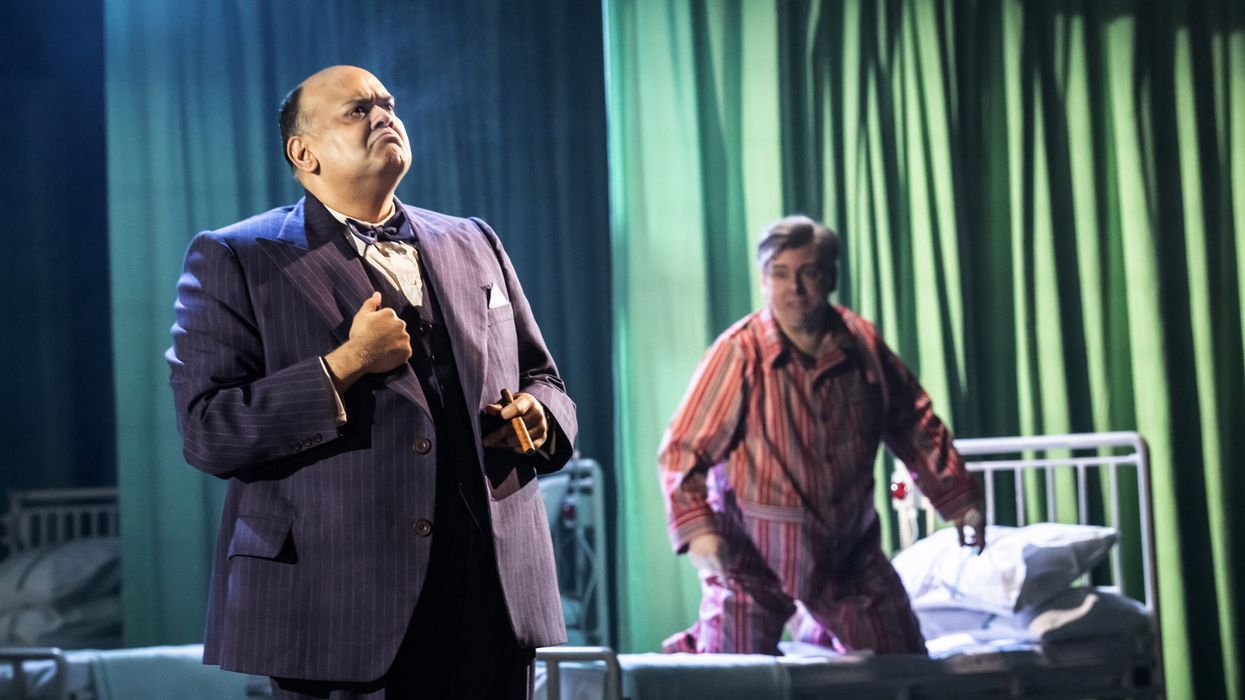
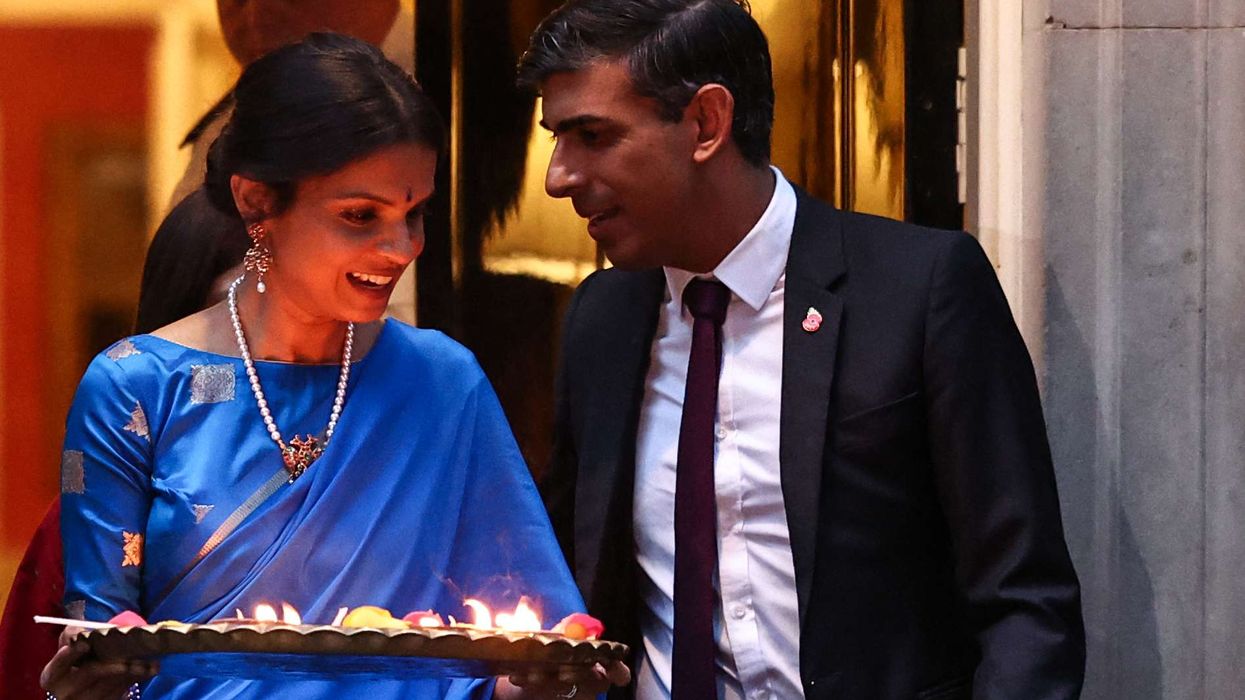
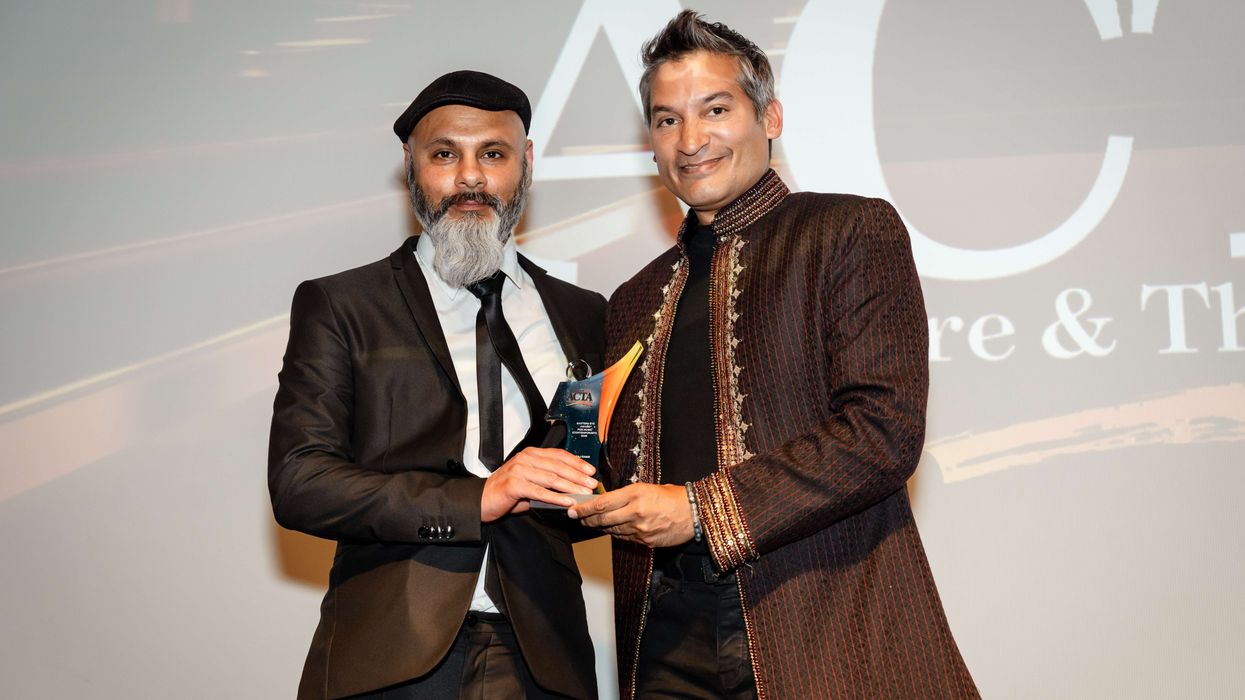
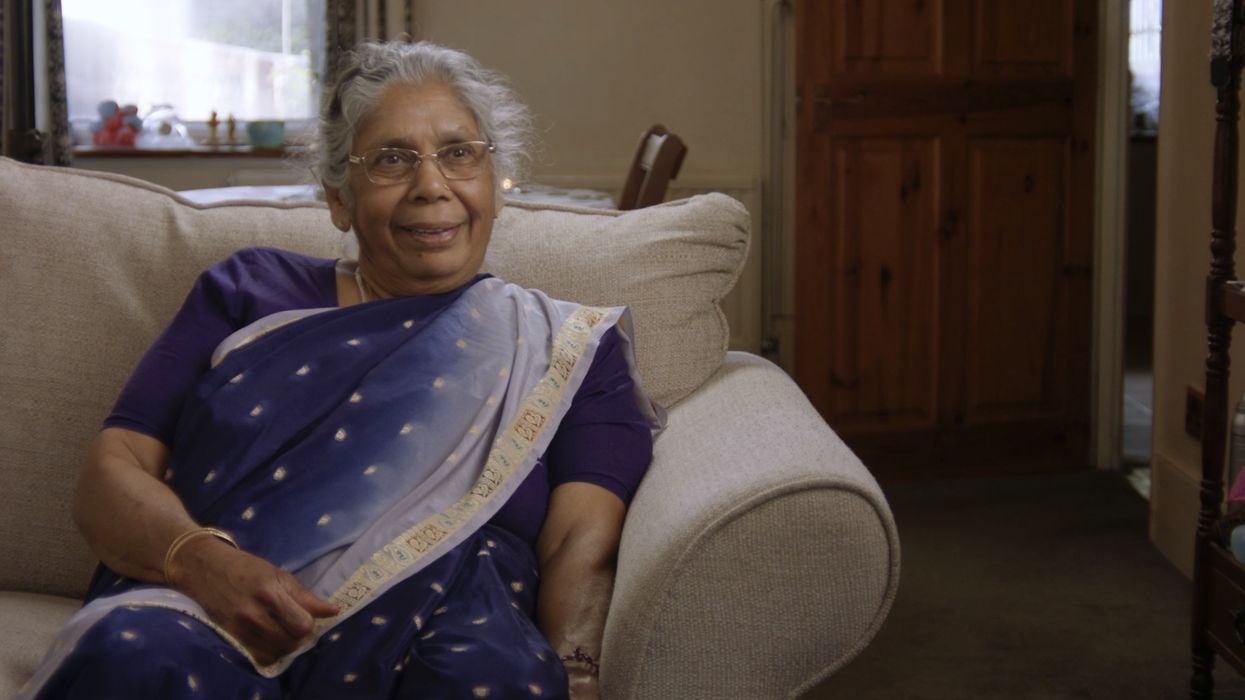

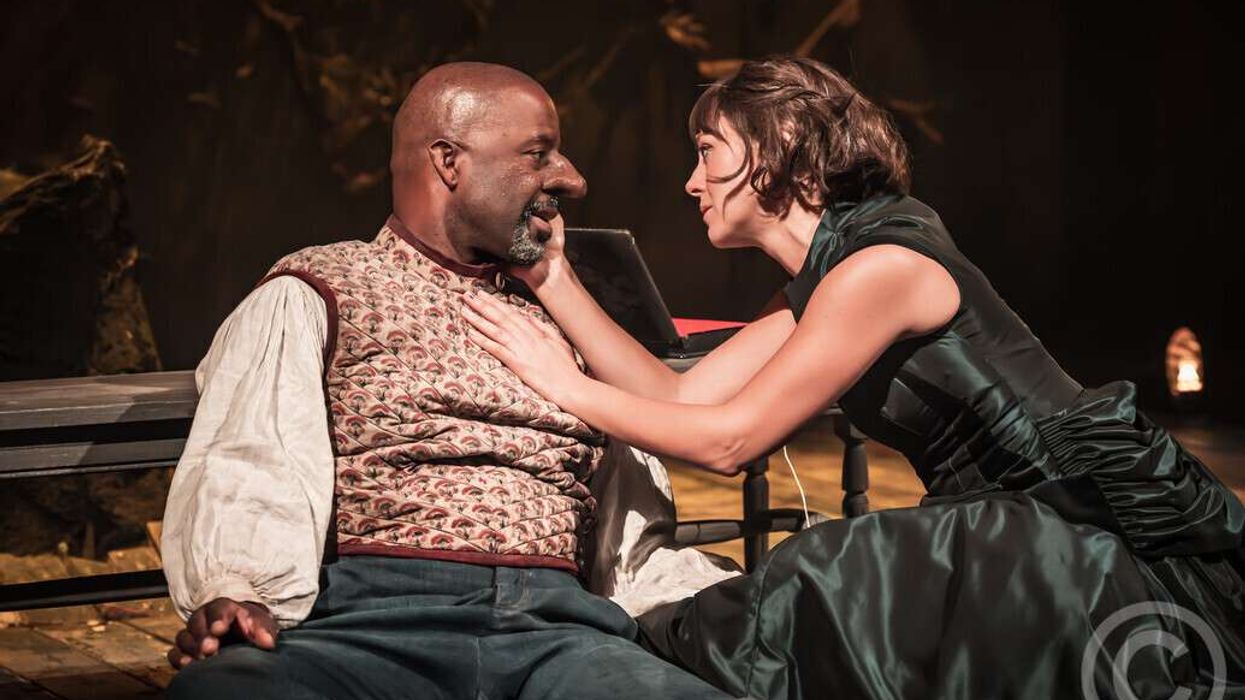
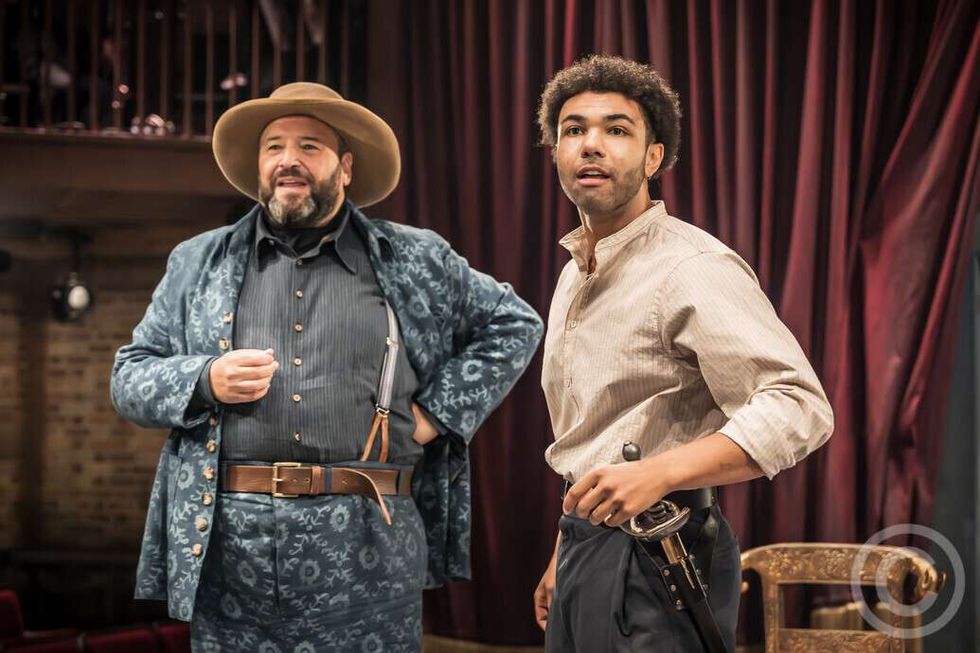 Christian Patterson and Levi BrownMarc Brenner
Christian Patterson and Levi BrownMarc Brenner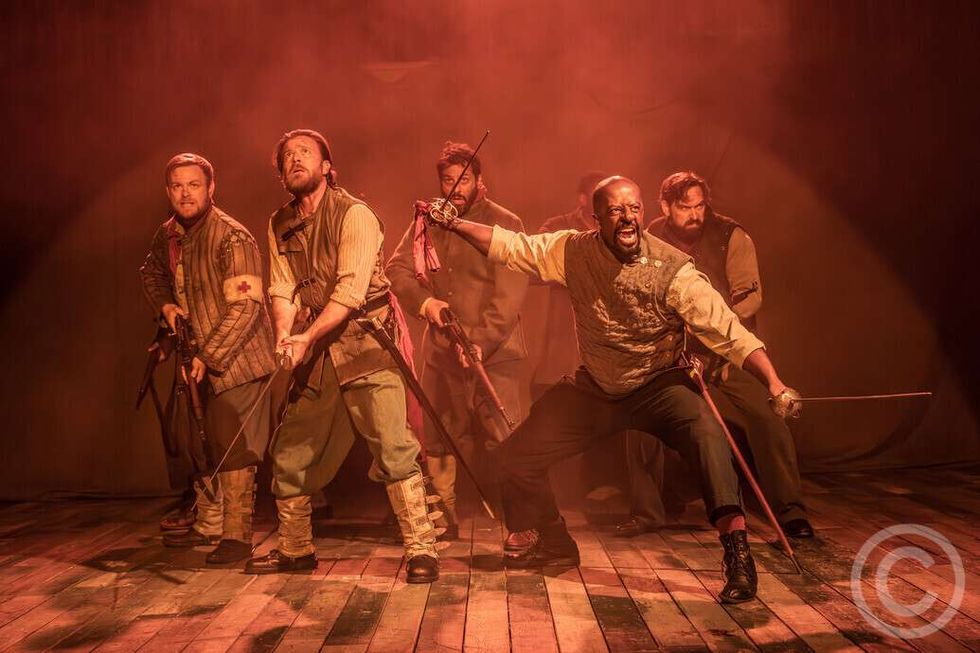 Adrian Lester (front right) and companyMarc Brenner
Adrian Lester (front right) and companyMarc Brenner
